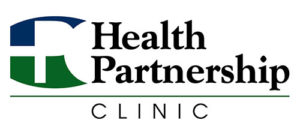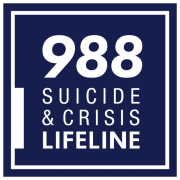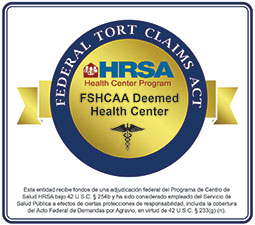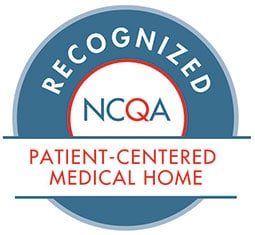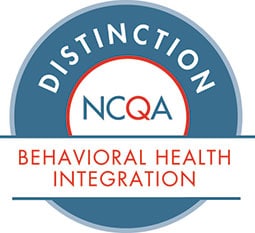September is Suicide Prevention Awareness Month
 By Thao Le, MSN, APRN, PMHNP-BC
By Thao Le, MSN, APRN, PMHNP-BC
In 2022, a record high of 49,449 lives were lost to suicide in the United States – an increase of 2.6 percent over the previous year. According to the Centers for Disease Control and Prevention (CDC), risk factors for suicide include:
- Previous suicide attempt
- History of depression and other mental illnesses
- Serious illness such as chronic pain
- Criminal/legal problems
- Job/financial problems or loss
- Impulsive or aggressive tendencies
- Substance use
- Current or prior history of adverse childhood experiences
- Violence victimization and/or perpetration
- Bullying
- Family/loved one’s history of suicide
- Loss of relationships
- High conflict or violent relationships
- Social isolation
- Lack of access to healthcare
- Suicide cluster in the community
- Community violence
- Stigma associated with help-seeking and mental illness
- Easy access to lethal means of suicide among people at risk
- Unsafe media portrayals of suicide
 Suicide rates were highest among American Indian and Alaska Native (AIAN) people, males, people who live in rural areas, and adults 85 and older in 2021. Specific risk factors that could have led to an increase in suicide rates in 2022 include mental health related symptoms following the pandemic, financial stressors and lack of access to health care.
Suicide rates were highest among American Indian and Alaska Native (AIAN) people, males, people who live in rural areas, and adults 85 and older in 2021. Specific risk factors that could have led to an increase in suicide rates in 2022 include mental health related symptoms following the pandemic, financial stressors and lack of access to health care.
Healthcare professionals can help prevent suicide by:
- Routinely screening patients for suicidal thoughts and behaviors
- Consider hospitalization for patients at high risk for suicide
- Refer to a higher level of care if needed.
- Develop a crisis plan
- Collaborate with family members
- Collaborate with therapists and psychiatric providers
In addition to identifying risk factors, healthcare providers should help identify and enhance protective factors among at-risk populations, including:
- Effective coping and problem-solving skills
- Reasons for living (for example, family, friends, pets, etc.)
- Strong sense of cultural identity
- Support from partners, friends, and family
- Feeling connected to others
- Feeling connected to school, community, and other social institutions
- Availability of consistent and high quality physical and behavioral health care
- Reduced access to lethal means of suicide among people at risk
- Cultural, religious, or moral objections to suicide
If you are thinking about harming yourself or attempting suicide:
- Call 911 for emergency services.
- Go to the nearest hospital emergency room.
- Call or text 988 to connect with the 988 Suicide & Crisis Lifeline. The Lifeline provides 24-hour, confidential support to anyone in suicidal crisis or emotional distress. Support is also available via live chat.
Health Partnership offers therapy services, psychiatric medication management, and substance use services. To schedule an appointment or more details, call 913-730-3664.
